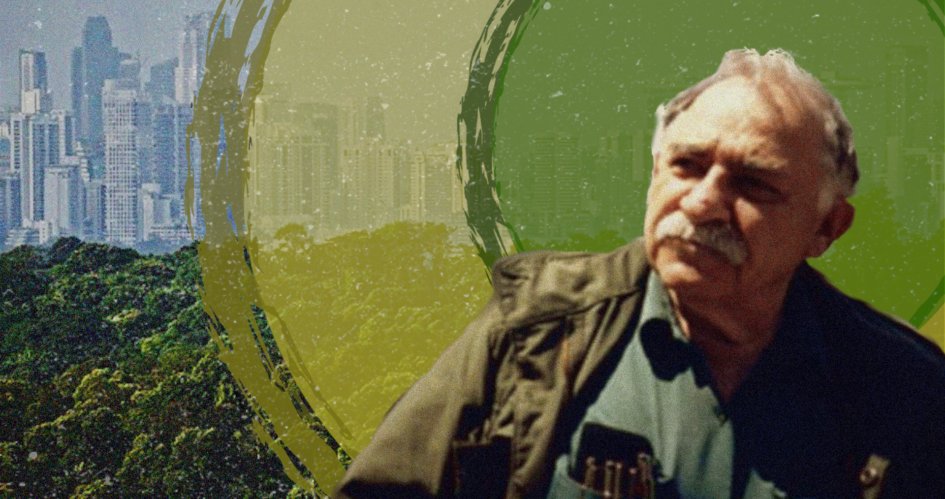In celebration of Murray Bookchin’s birth centenary, his daughter Debbie is joined by a number of his former friends, students and fellow travelers to honor his memory and reflect on his revolutionary legacy.
January 14, 2021
In the years before his death, my father wrote a series of books entitled The Third Revolution. In them, he analyzed transformative revolutionary moments in history, beginning with the late-medieval uprisings and German Peasant Wars of the 16th century, and ending, four volumes later, with the Spanish Civil War. Studying this revolutionary history gave my father solace — it took him back to a time when revolutionary ideals animated everyday life, when utopian cries lived on the lips of ordinary people.
It also gave him immense hope, best exemplified by his choice to dedicate each of the four volumes of The Third Revolution to his young granddaughter. To be sure, he loved her quite madly as an individual, one whom he felt shared many of his early talents as a musician, an artist and, above all, a writer. But his dedication also indicated his belief in the promise of a new generation, one that might take up the banner in the struggle for a more rational society — a banner that had lost its sheen in the decades before his death, when the left was struggling to combat rising neoliberalism, authoritarianism and rampant ecological destruction.
In many ways, my father was ahead of his time. His ideas were often ridiculed or dismissed during his lifetime — his belief that climate change would become a serious threat to our survival laughed off as alarmist by the New York Times in the 1960s; his pleas to the left in subsequent years to put in the hard and unglamorous work of building an organized network of local democratic assemblies often bypassed in favor of street insurrection.


